Dreamland: Margate amusement park sale plan agreed
- Published
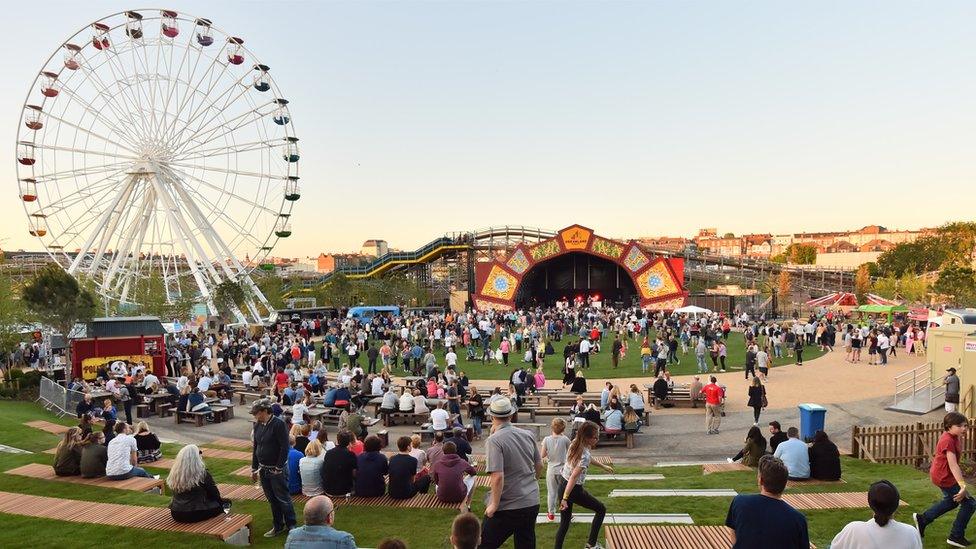
Popular Sunset Sessions at Dreamland boosted the business in 2017
A plan to sell a historic amusement park has been agreed by councillors, following years of restoration.
Dreamland in Margate was compulsory purchased by Thanet District Council in 2011 in an attempt to revitalise the site.
The amusement park, which was leased to Sands Heritage Limited, had faced financial difficulties before coming out of administration in 2017.
Sands now intends to buy the site, subjects to a deal being reached.
Conditions of any sale would mean housing could not be built on the site for 10 years.
Sands would have to meet the independent valuation of the site, the Local Democracy Reporting Service said.
The council has agreed a proposal to sell the freehold of the site, subject to legal advice and approval from external funders, a council spokesman said.
'Potential liability'
Eddie Kemsley, a Sands director, said the company was in discussion with the council about acquiring the freehold of the site.
He said Sands was planning to bring back the cinema and bingo hall on the site as well as a new seafront hotel.
Thanet District Council leader Bob Bayford said: "Dreamland is an iconic heritage theme park with a very troubled past, brought back to life... and now ready to be returned to private sector ownership to ensure its long-term future."
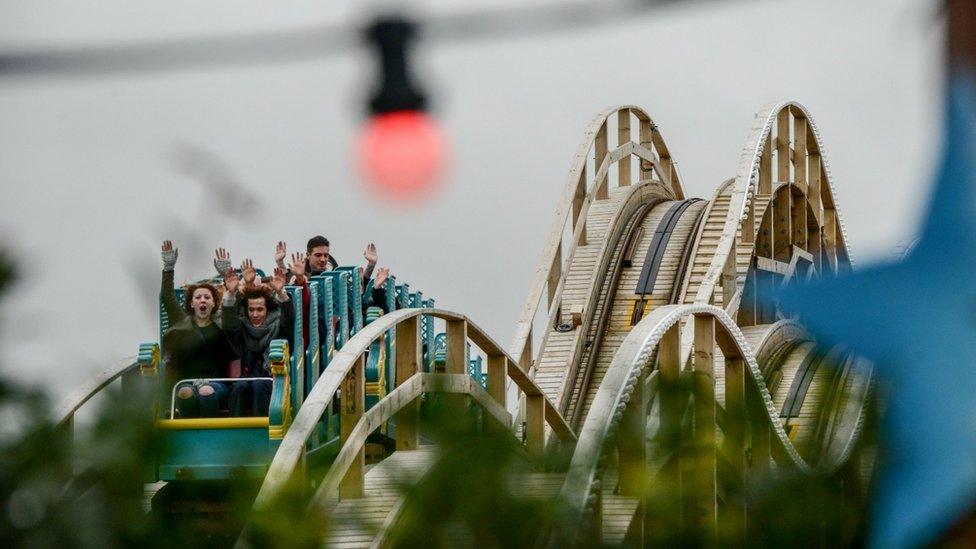
Dreamland is to stay as an amusement park for at least another decade under the terms of sale
He added: "Dreamland represents a current and potential liability to the council, with current and future costs which are unsustainable.
"Now is considered an optimum time to dispose of the site to the lessee and operator Sands Heritage Limited to safeguard its future and support regeneration."
Considered to be the oldest-surviving amusement park in Great Britain, the site of Dreamland - as it was re-named in 1920 - dates back to the British railway boom of the early 1870s. It was originally called Hall by the Sea.
- Published10 October 2017

- Published8 September 2017
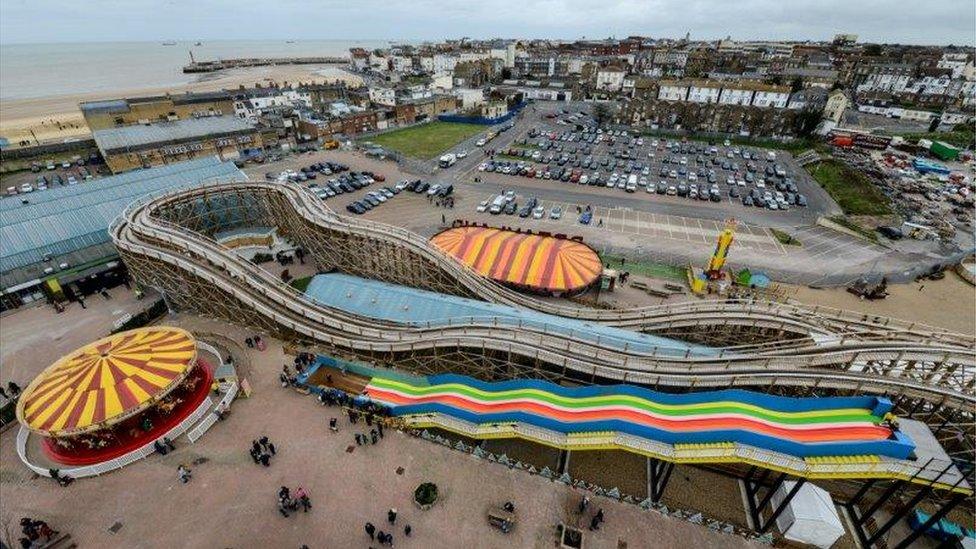
- Published10 April 2017
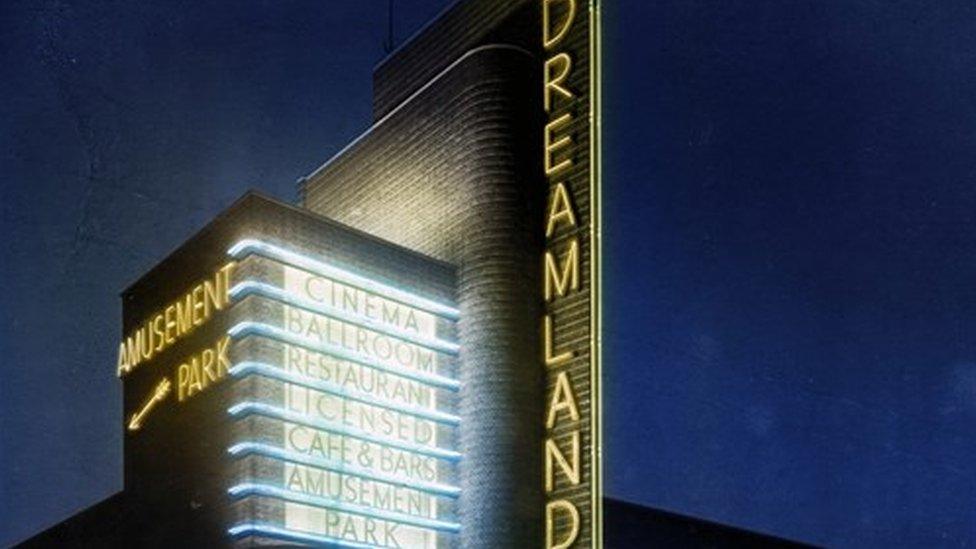
- Published7 February 2017
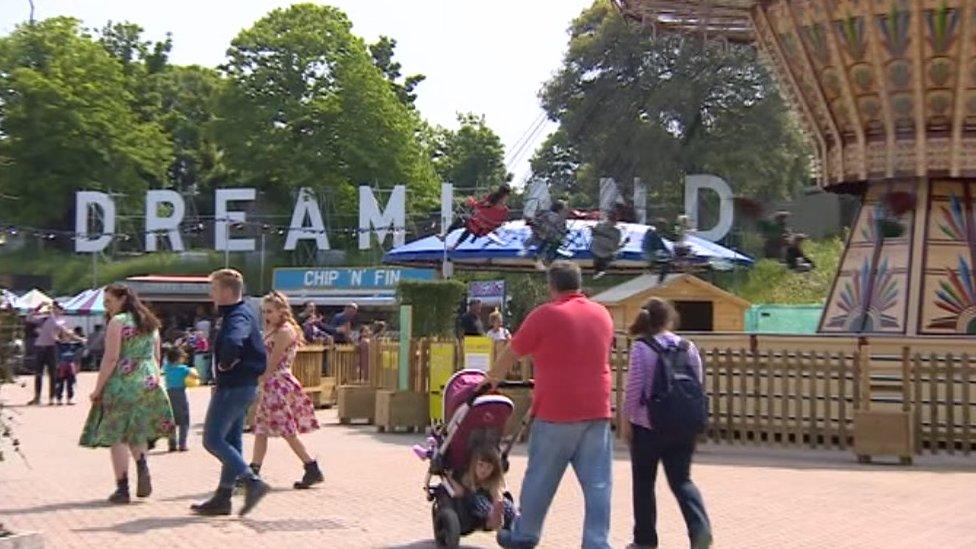
- Published5 January 2017

- Published16 August 2016
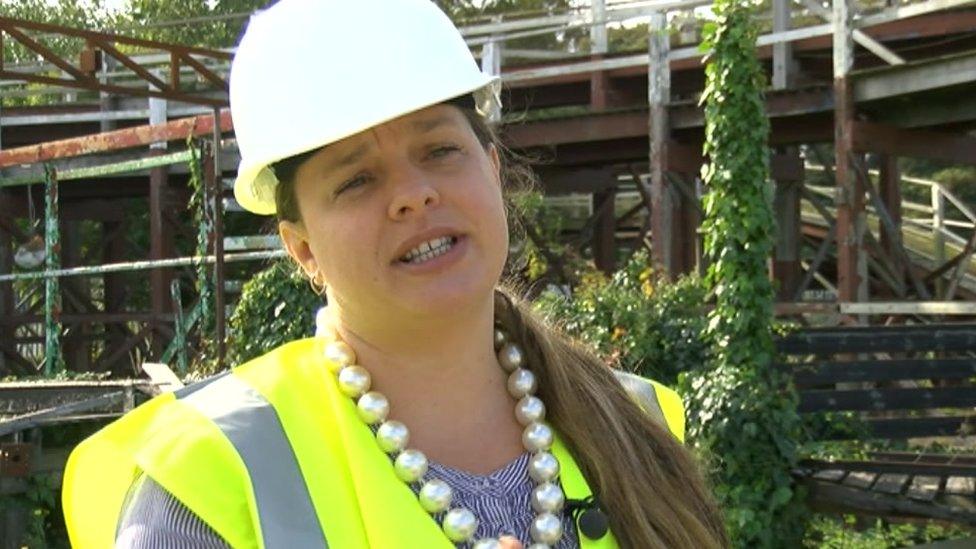
- Published4 August 2016

- Published1 August 2016
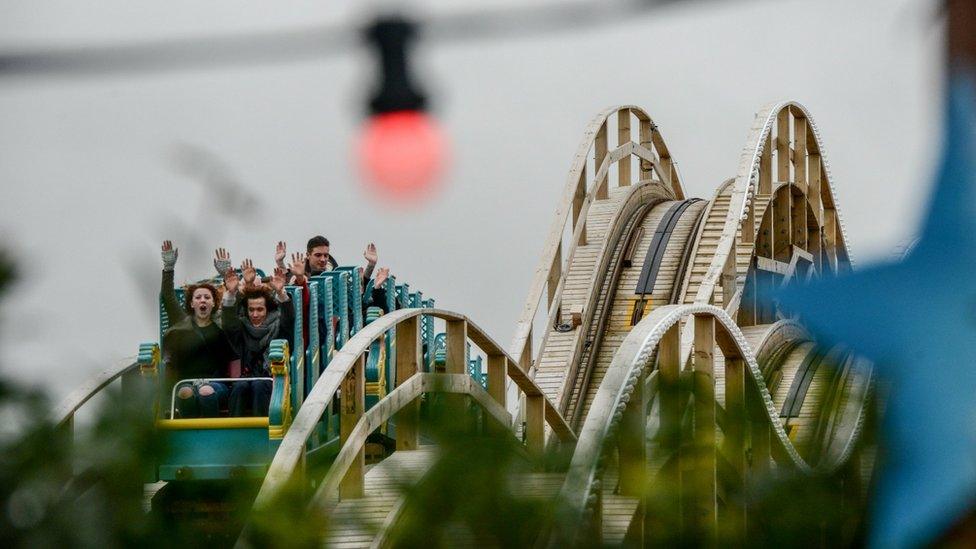
- Published29 May 2016
